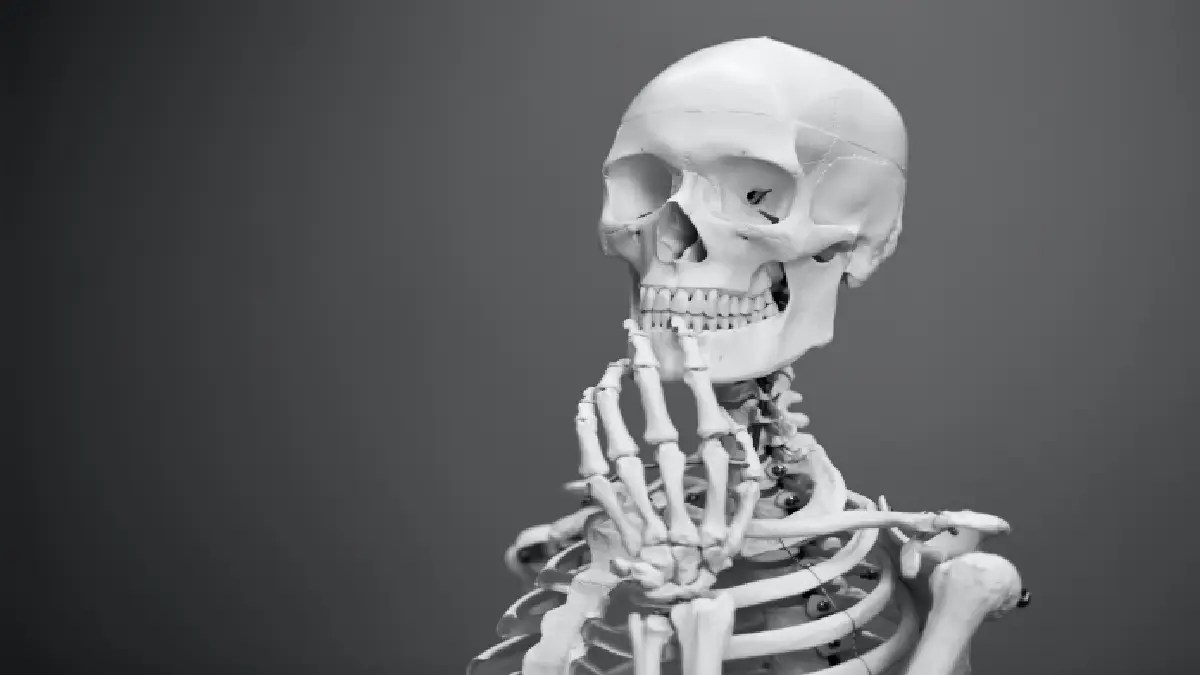If you’re among the staunch vegetarians, this recent research might stir concerns. While a vegetarian diet is often hailed for its physical and mental benefits, a new study has raised an alarming observation – individuals adhering to a pure vegetarian diet might have weaker bones. Contrary to the common perception, this research, featured in BMC Medicine, indicates that both men and women following vegetarian diets face a heightened risk of bone fractures. Let’s delve into the details of this enlightening study.
Insights from the Research
Incorporating a sample size of 400,000 individuals, this study meticulously scrutinized the impact of diet choices on bone health among vegetarians and non-vegetarians. Notably, the research underlines that non-vegetarians, who include meat and fish in their diet, exhibit higher bone mass indices in comparison to their vegetarian counterparts. The bone mass index essentially gauges the density and strength of bones. Visualize it as the more calcium and minerals your bones contain, the denser and sturdier they are likely to be. This distinction suggests that the bones of pure vegetarians might be comparatively weaker, predisposing both men and women to elevated risks of hip fractures. This association is attributed to calcium deficiency, which is often linked to bone loss and an increased vulnerability to osteoporosis.
Key Considerations for Vegetarians
- Combining Vitamin D with Calcium
To uphold optimal bone health, it’s advisable for vegetarians to complement their diet with both calcium and vitamin D sources. Incorporating foods rich in vitamin D alongside calcium-rich options can not only enhance bone strength but also contribute to overall disease prevention.
- Cautious Cooking Practices
In the realm of cooking, it’s imperative to exercise caution. Refrain from overcooking vegetables that are rich in calcium, as excessive heat can lead to nutrient loss. Prefer boiling over frying and avoid pairing foods abundant in vitamin C with calcium-rich counterparts during cooking. The latter practice can prevent calcium erosion, consequently bolstering bone integrity.
(Disclaimer: This article serves as general information. It is recommended to consult a medical professional before implementing any remedies.)













